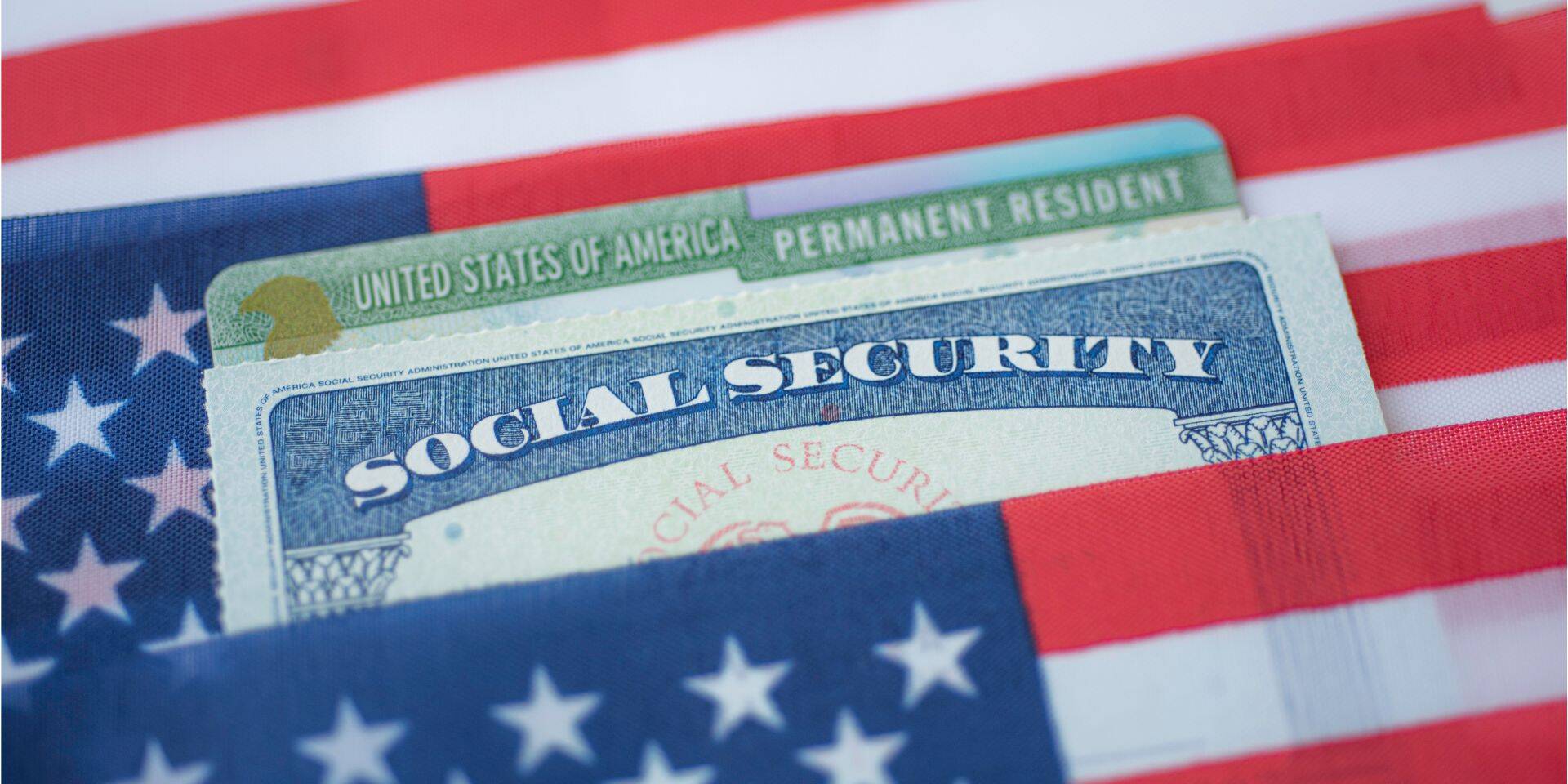On June 17, 2020, USCIS announced that it is effective immediately, rescinding two policy memoranda regarding the adjudication of certain H-1B nonimmigrant petitions.
Rescission of Policy Memoranda
USCIS and ITServe Alliance, Inc. came to an agreement for USCIS to rescind two policy memoranda:
- Determining Employer-Employee Relationship for Adjudication of H-1B Petitions, Including Third-Party Site Placements (Reference AFM Chapter 31.3(g)(16)), HQ 70/6.2.8 (AD 10-24), issued January 8, 2010
- Contracts and Itineraries Requirements for H-1B Petitions Involving Third-Party Worksites, PM-602-0157, issued February 22, 2018
This action comes from a decision based on ITServe Alliance case, No. 1:2018cv02350m decided in favor of ITServe Alliance, Inc. These two memoranda effectively provided guidance on the requirement that a petition establish an employer-employee relationship throughout the duration of the beneficiary’s requested H-1B validity period and guidance for H-1B petitions filed for workers who would be employed at one or more third-party worksites.
Petitioners of H-1B cases must still meet all other statutory and regulatory requirements and any binding court precedent, Administrative Appeals Office decisions and any other effective policy guidance and be careful not to submit any material misrepresentations.
What to Expect
USCIS Officers will still be required to adjudicate H-1B petitions and determine if employers and beneficiaries have a valid employer-employee relationship and whether the petitioner meets one of the “hire, pay, fire, supervise, or otherwise control the work of” factors. H-1B petitioners are still required to submit a Labor Condition Application (LCA) and a copy of any written contract between the petitioner and beneficiary, or a summary of the terms of an oral agreement if a written agreement does not exist. The officer however may not apply the two rescinded memoranda.
An officer may still deny a petition where the petitioner has not established that the beneficiary works in a specialty occupation. While a petitioner is not required to identify and document the beneficiary’s specific day-to-day assignments, the petitioner must meet all statutory and regulatory requirements, excluding the itinerary requirement under 8 CFR 214.2(h)(2)(i)(B); binding court precedent; AAO adopted and precedent decisions; and current USCIS policy guidance concerning H-1B nonimmigrant classification. If the officer finds that a petitioner has not established, by a preponderance of the evidence, statutory or regulatory eligibility for the classification, the officer should articulate that basis in denying the H-1B petition.
Guidance on benching remains relatively unchanged. The officer may issue a Notice of Intent to Deny (NOID) for failure to maintain status or a Notice of Intent to Revoke (NOIR), as appropriate, if evidence in the record indicates that there has been a material change in the terms and conditions of employment that may affect eligibility. Lack of work may be a material change in the terms and conditions of employment that could affect eligibility for H-1B nonimmigrant classification and could require the filing of an amended petition. In assessing whether a beneficiary’s non-productive status constitutes a violation of the beneficiary’s H-1B nonimmigrant classification, the officer must assess the circumstances and time spent in non-productive status.
USCIS will however abstain from the application of the itinerary requirement under 8 C.F.R. 214.2(h)(2)(i) in the limited instance of applicable H-1B cases until USCIS or the Department of Homeland Security issues new adjudicative and/or regulatory guidance on this requirement.
USCIS may issue approvals for H-1B petitions with validity periods shorter than the time period requested by the H-1B petitioner. However, the decision must be accompanied by a brief explanation as to why the validity period has been limited.
Although the itinerary requirement is no longer a “requirement” per se, this does not prevent petitioners from submitting itineraries to help support the preponderance of the evidence factor to help with H-1B approvals. Petitioners can still submit itineraries and other evidence to help show the merit of their petitions.
It is expected that USCIS and the DOL will address more of these issues in further memoranda as they have suggested in their briefings. We will continue to monitor news and provide them to our attentive readers as USCIS continues to make changes to the immigration landscape in the United States.
https://www.uscis.gov/sites/default/files/USCIS/Laws/Memoranda/2020/PM-602-0114_ITServeMemo.pdf
Related Posts
April 17, 2025
Expanded DHS and FBI Involvement Driving More Green Card Holder Removals
The expansion of DHS, USCIS, and FBI…
April 17, 2025
F-1 Students Anticipate Visa Cancellations and Removals
F-1 visa cancellations have raised…
April 17, 2025
H-1B Holders Face Layoffs Along with Possibility of Removal
H-1B holders are facing mounting…



